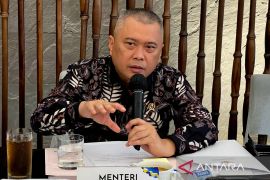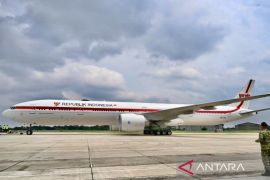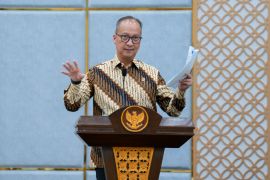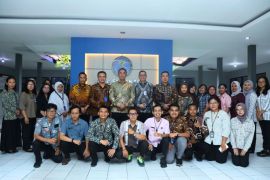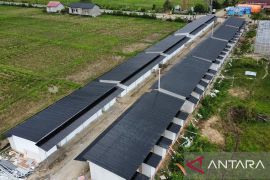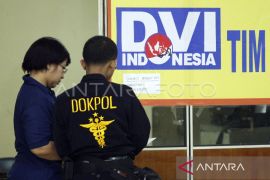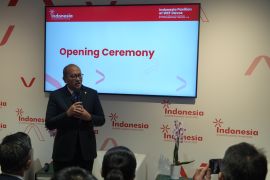In his statement, the president called the move "a strong signal" of U.S. support for reform undergoing in Myanmar, noting the government "has continued to make important economic and political reforms" following "significant" progress along the path to democracy.
In his executive order on easing the sanctions, Obama cited progress made toward political reform by the government of Myanmar headed by President U Thein Sein which took office in March 2011, including the release of hundreds of political prisoners, ceasefire talks with several armed ethnic groups, and a " substantive" dialogue with the opposition.
Obama also expressed "deep concern" about what he called "the lack of transparency" in the country`s investment environment and the military`s role in the economy.
"As we indicated in May, the armed forces and Ministry of Defense-owned entities will not be covered by these General Licenses," he said, adding U.S. companies will be asked as well " to report on their activities in line with international corporate governance standards."
In addition, Obama authorized expanded sanctions against those who undermine Myanmar`s reform process, engage in human rights abuses, contribute to ethnic conflict, or participate in military trade with Pyongyang.
"This order is a clear message to Burmese government and military officials: those individuals who continue to engage in abusive, corrupt or destabilizing behavior going forward will not reap the rewards of reform," he said.
Washington imposed sanctions on Myanmar in May 1997 and expanded them over the years, under which U.S. investment and all imports from Myanmar have been banned, assets of certain financial institutions in Myanmar frozen, and visa restrictions imposed on officials of the Myanmar government.
Bilateral relations have improved following the visit to Myanmar by U.S. Secretary of State Hillary Clinton in December last year. (AK)
Editor: Kunto Wibisono
Copyright © ANTARA 2012
